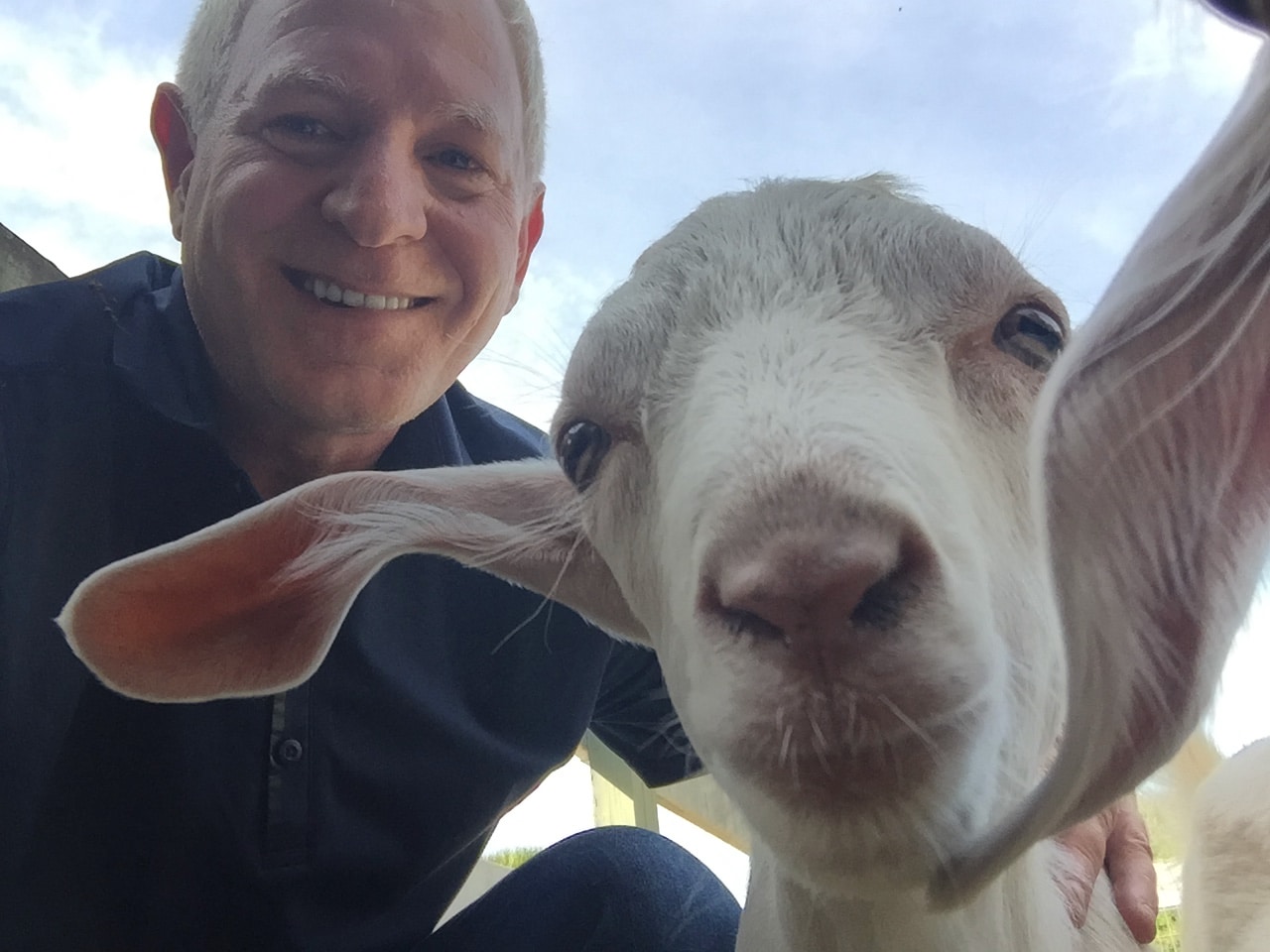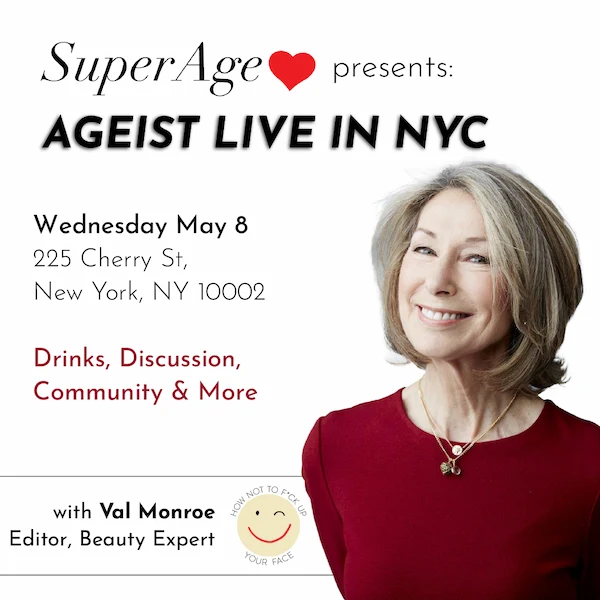Jim Greenbaum walks the talk. He has been on a mission for the last 40 years to eliminate suffering and cruelty. It is an audacious mission, but if one applies oneself early, and asks what is the biggest impact they can make during their lifetime, one can have considerable success. Jim decided early on that to do this, he would need a lot of cash. He single-mindedly set off in business to create a company he could then sell, to fund his mission. Step two was to dedicate the rest of his life to identifying the places he felt he could make the most impact.
It is a mission of almost unfathomable scope and duration, and one that he does not see ending anytime soon. We at AGEIST often say that impactful kindness can happen every day on a personal scale. Jim thinks much bigger than that. His mission is to reduce the greatest amount of suffering possible within his lifetime and beyond.
What was your childhood like? What were you seeing that disturbed you?
Fighting injustice has always been a part of my life. Witnessing first-hand the racial and religious bigotry of the Deep South in the ’60s and ’70s, and frequently hearing about the atrocities of the Holocaust, my path towards a life of service was set at an early age. My plan had been to pursue a law degree with a focus on human rights. Yet, after rejections from Harvard, Yale, and Stanford law schools, I decided on a new plan: enter the workforce to make as much money as quickly as possible, and then use that money to go out and change the world. While I toyed around for several years with the idea of someday entering the world of politics, I eventually came to believe that I could be more effective following a philanthropic path.
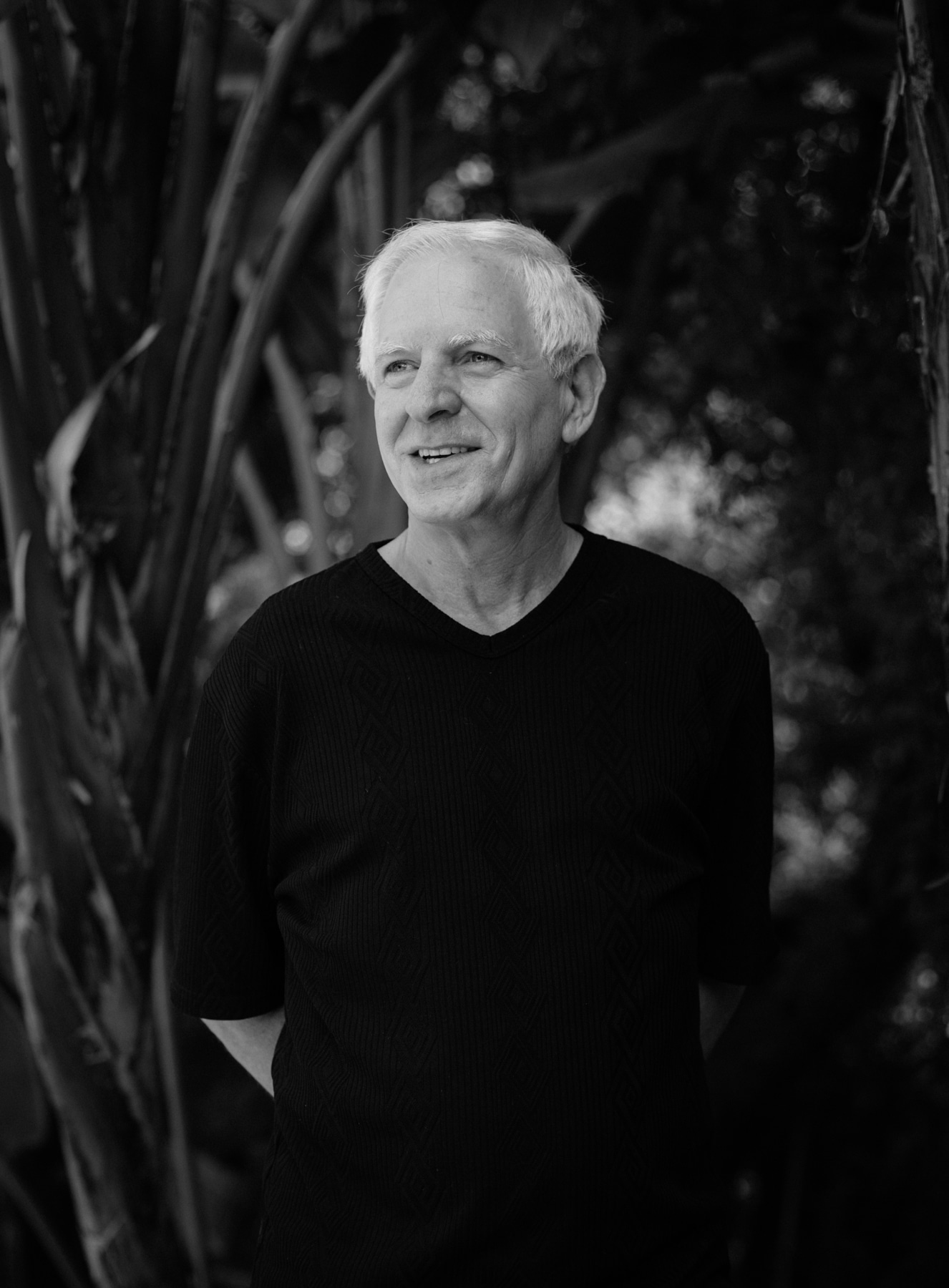
“The plan was set to leave the business world at 40 years of age for the philanthropic world”
How did you decide to stop the corporate work at 40? Was there a certain financial target you wanted to hit, or was it age-based?
Throughout my younger years, I had always talked about how I planned to focus my efforts on making the world a better place. One evening during my early 30s, I was watching a news story about a man from Ohio who was helping kids who were living in horrid conditions at orphanages in Romania. The pictures I saw were horrific, and I asked myself why wasn’t I doing something about such situations. My business was already quite successful, so the question begged: When was I actually going to do something with my life that would be beneficial to society rather than simply talking about someday doing it? So, then and there, I set a time table. I figured the first 20 years of my life were primarily geared towards education. The next 20 were for business, and the remainder would be to take action benefitting the world. Thus, the plan was set to leave the business world at 40 years of age for the philanthropic world. I also then told some close associates about the plan.
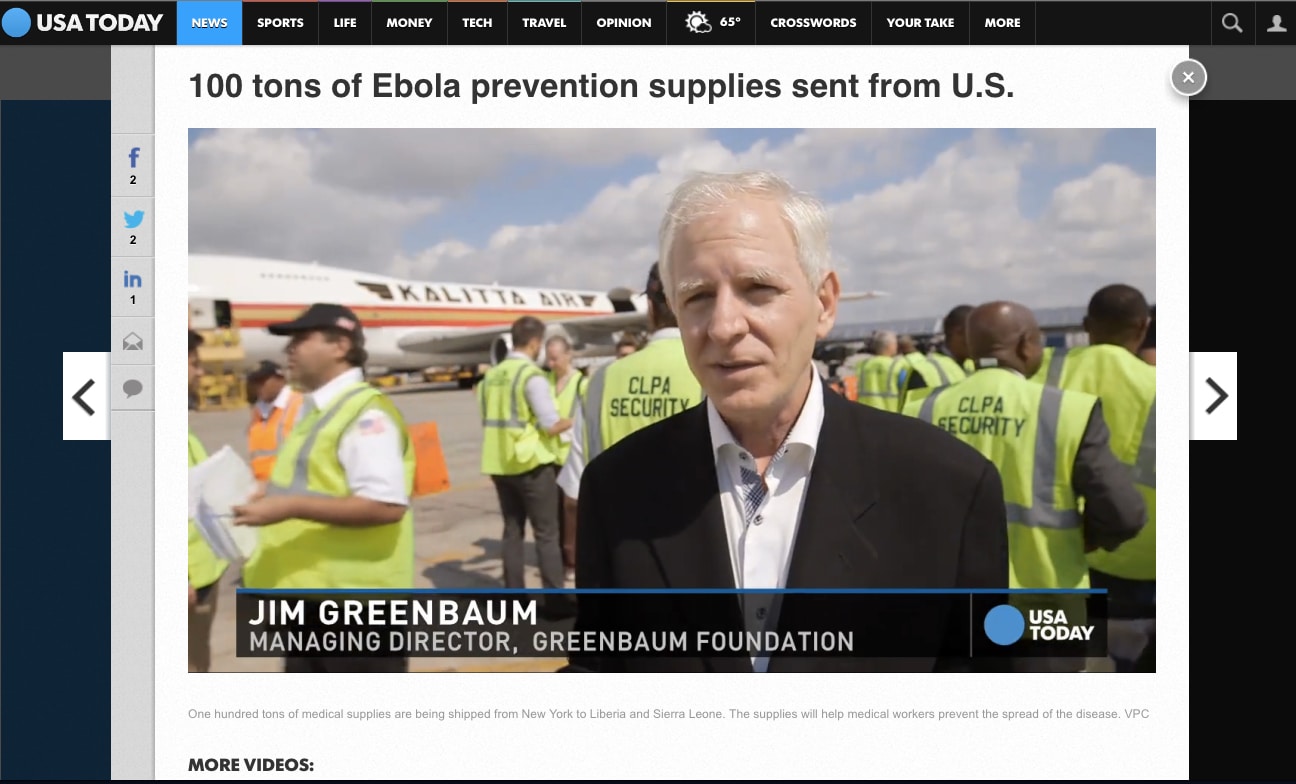
Where you philanthropic during those years while you were building up your business and net worth?
Was I a compassionate, charitable individual during those business years? No, I was not. Being an amateur philanthropist giving away money using the technique of “spraying and praying” was not for me. I did, however, have one meaningful foray into philanthropy. After watching Schindler’s List, I so resonated with the message that one person could make a difference that I funded a program to ensure that high school students in Utah (where I was living at the time) could see the film for free.
For the most part, however, I kept my eye on the prize of getting out of business at 40 and then becoming a professional philanthropist. Almost making that self-imposed deadline, I signed the paperwork to sell my company one month after my 41st birthday. My business days ended in 1999. My net worth soon grew to $133 million, and my new career commenced to efficiently spend down on charitable projects at least 85% of that capital during my lifetime and the remainder soon after my demise.
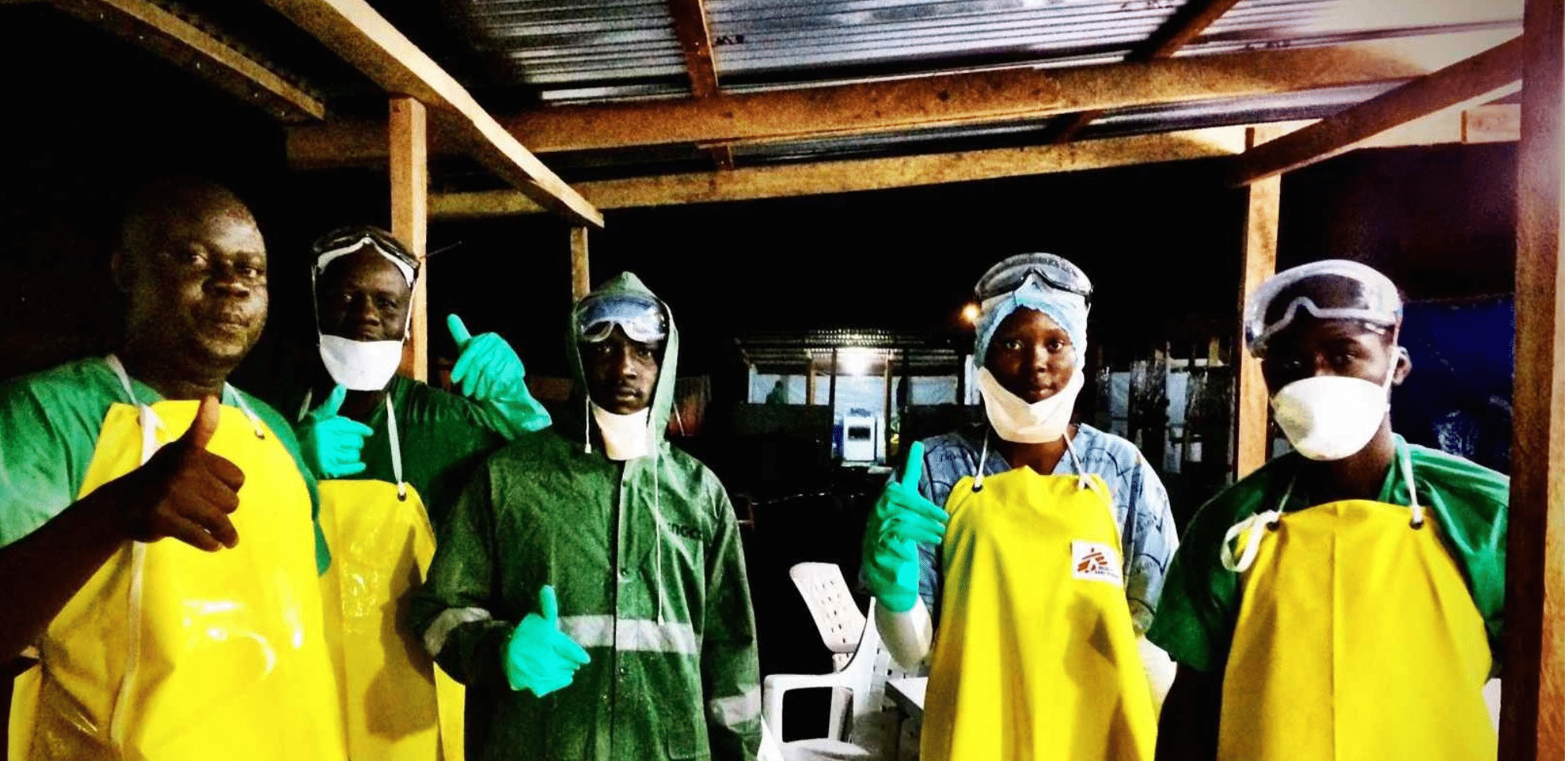
Triple Net Worth
Many people will continue to be earning while also giving. You chose to switch gears. Why was that, and was it difficult?
During my business years, I would track my progress by seeing the growth in my net worth year over year. When first entering the philanthropic world, seeing my net worth decrease each year was at first a bit unsettling. I then came up with a different model of calculating my financial net worth. I call it the triple net worth. I’d first calculate my net worth the traditional way. Next, I’d add to that number the amount of funds I had paid out to charities. And then I added in the amount of money that my foundation still had available to contribute to charities. Thus, while the traditional net worth curve would consistently go in a downward direction, the triple net worth calculation showed an upward direction. Over time, seeing my traditionally calculated net worth decrease became a source of pride.
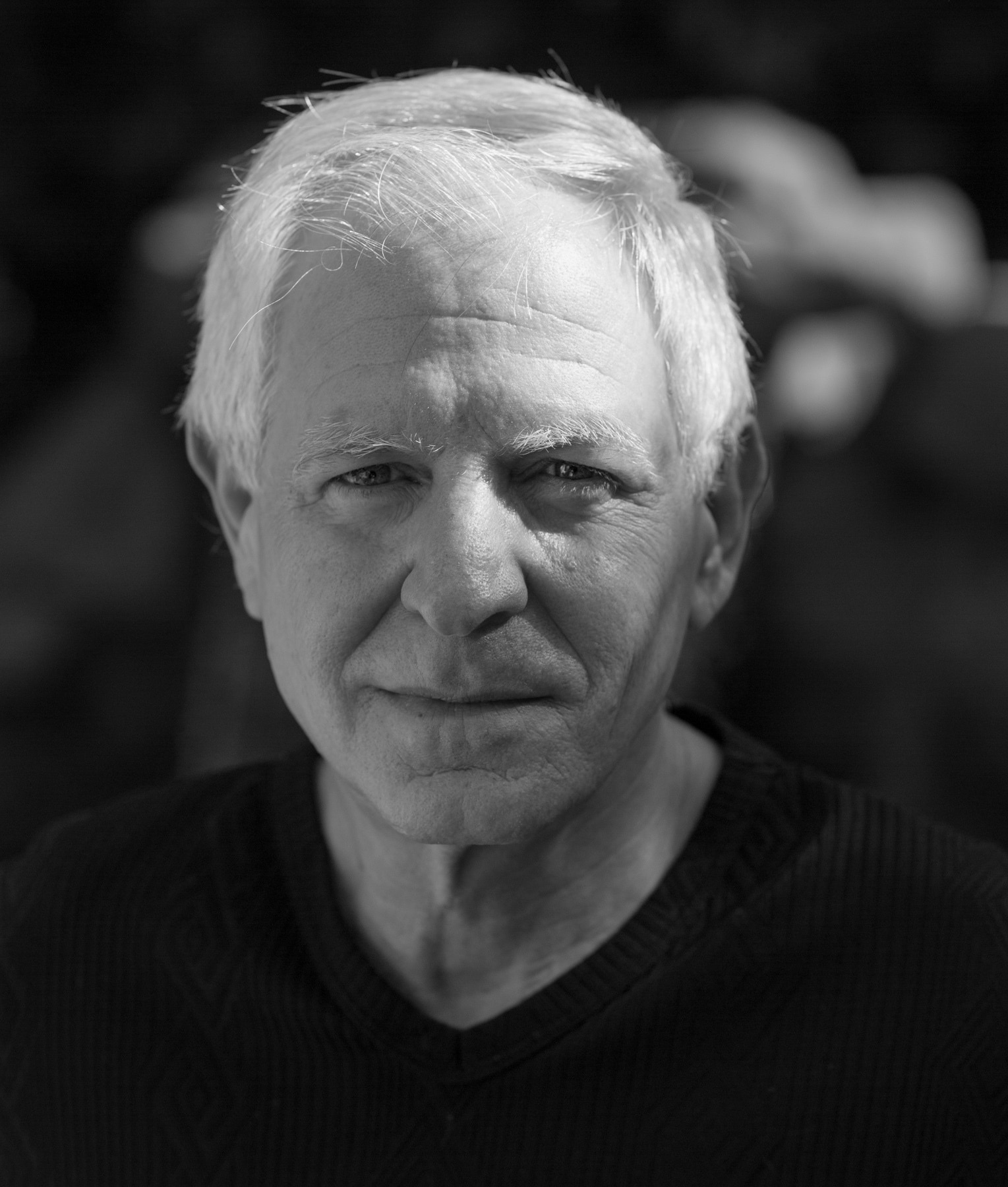
Managing Stress and Fear
How is your outlook on life different now than when you were younger?
During my later teen years, I used to describe myself as having the playfulness of an 8-year-old and the philosophical outlook of an 80-year-old. I believe that still holds true today and, at my core, see myself as I was at 15 years of age, albeit with more knowledge and understanding about the world and myself.
Philosophically, there are two principles that have become fundamental to my approach to living. First, after accepting the premise that virtually all emotions come out of either love or fear, I decided that I wouldn’t let fear be a part of my life. Second, I came to realize that being stressed about something doesn’t change the outcome, so I could choose to not let stress be a part of my life. If I find myself feeling stressed and I realize there are actions I can take to address the situation that is causing that stress, I’ll take those actions. Then, when the outcome of the situation is out of my hands, I let go of any stress.
You have a very unique situation. Who do you talk to for advice?
Having never encountered a mentor, I’ve always looked within myself for answers to the difficult questions in life. I’ve been asking myself the tough questions since I was a young child.
A Foundation to End Suffering
Please tell us about what you mean by your foundation’s tagline, “Being a bystander to suffering is not an option.”
A decade or so ago, I was reviewing my areas of grantmaking. They were quite diverse. While most philanthropists generally suggest that one should have a narrow focus, mine seemed at first glance to be all over the place. So, I asked myself what all my grants had in common and quickly realized they were all focused on ending suffering. Thus, the tagline for my foundation came into being.
Your giving is focused on human rights and now animal rights. Why did you pick these sectors?
My approach to philanthropy has always been to find the areas with the most suffering and the most need and where I could make the most difference. Early on, that led me into combatting human trafficking, child marriage, female genital cutting, and working to secure rights for women and children.
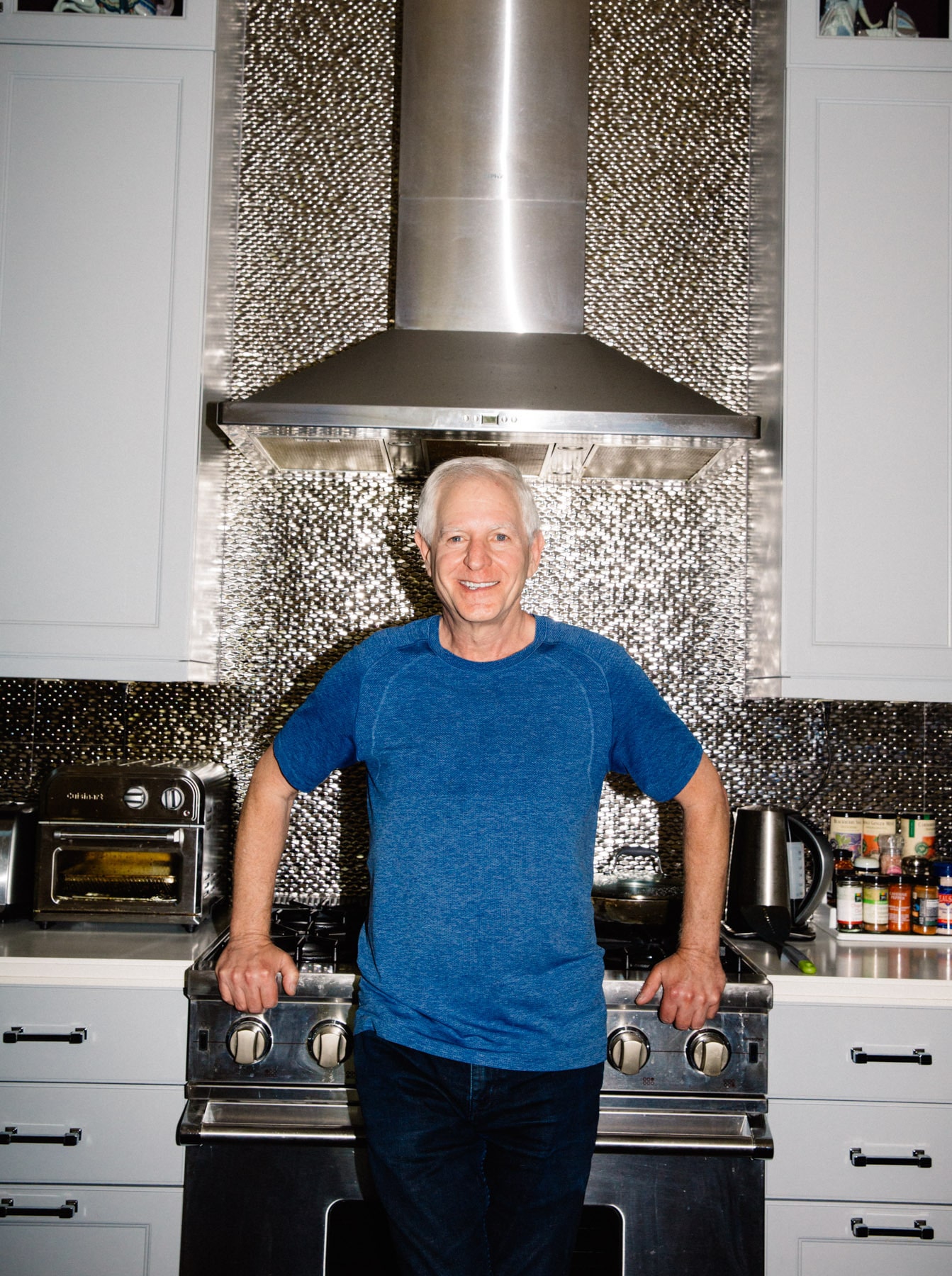
“If the world were to move to plant-based diets, around 70% of the world’s problems could be significantly reduced”
10 years ago, after going vegan, my philanthropy starting shifting towards animal rights and protection and moving the world to plant-based diets. As I learned more about the adverse impacts of animal agriculture (raising and eating animals for food) on human health and the health of the planet, I came to understand that if the world were to move to plant-based diets, around 70% of the world’s problems could be significantly reduced and leave governments with trillions of dollars to address other critical issues.
In brief, animal agriculture is likely the largest contributor to greenhouse gasses, is the primary cause of deforestation, antibiotic resistance, dead zones in the oceans, heart disease, type 2 diabetes, most cancers, and even most viruses and pandemics, including the current COVID-19 pandemic. And that’s not even taking into consideration the 65-80 billion land animals that we kill each year for food. That’s annually almost as high as the number of humans that have walked this planet since the beginning of time.
Educating the World Through Film
What is your role in the making of the movies? What is your goal in helping them get made?
I’ve been involved as an Executive Producer in the making of a handful of movies, most dealing with educating the world about the benefits of plant-based diets. My part has been primarily identifying the best projects and then funding them. I’ve been fortunate to work with some great filmmakers on documentaries such as The Game Changers, What The Health and Cowspiracy. I’ve chosen to fund films that generally avoid showing the difficult-to-watch scenes of animal suffering, and instead include humor and provide the audience with an enjoyable experience.
“Finding my life partner is a priority for me”
Why are you still single?
While I’ve had several long-term relationships (marriages), my friends now describe me as the pickiest person they know. That’s fine with me as I’m looking for only one special person. Finding my life partner is a priority for me. Aside from the chemistry issue (easier said than done), a few other challenges are finding someone who shares my drive towards making this world a better place and who has been active in such efforts for many years, is intellectually engaging, self-aware, self-confident, open to exploring the ethical vegan lifestyle and possibly embracing it someday, ideally agnostic with a Buddhist philosophical outlook, and is an empty nester or will be soon. That shouldn’t be so difficult, right? (lol)
Is there anything you’d care to share that you’ve learned about relationships?
In the great relationships, both people are natural givers and gracious acceptors of the other’s giving. In addition, here are three basic tenets which I wish someone would have told me in my younger years: Chemistry doesn’t mean love. Just because you can make a relationship work doesn’t mean you should. And ending the wrong relationship is a success, not a failure.
“Retirement? That’s not a word in my vocabulary”
What are your thoughts on retiring?
Retirement? That’s not a word in my vocabulary. I did exit the business world for one of philanthropy. And surprisingly, I’ve found that making money was much easier than changing the world. As to “days of leisure,” I do have them from time to time, but will remain an active philanthropist until I take my last breath.
The ideas expressed here are solely the opinions of the author and are not researched or verified by AGEIST LLC, or anyone associated with AGEIST LLC. This material should not be construed as medical advice or recommendation, it is for informational use only. We encourage all readers to discuss with your qualified practitioners the relevance of the application of any of these ideas to your life. The recommendations contained herein are not intended to diagnose, treat, cure or prevent any disease. You should always consult your physician or other qualified health provider before starting any new treatment or stopping any treatment that has been prescribed for you by your physician or other qualified health provider. Please call your doctor or 911 immediately if you think you may have a medical or psychiatric emergency.

